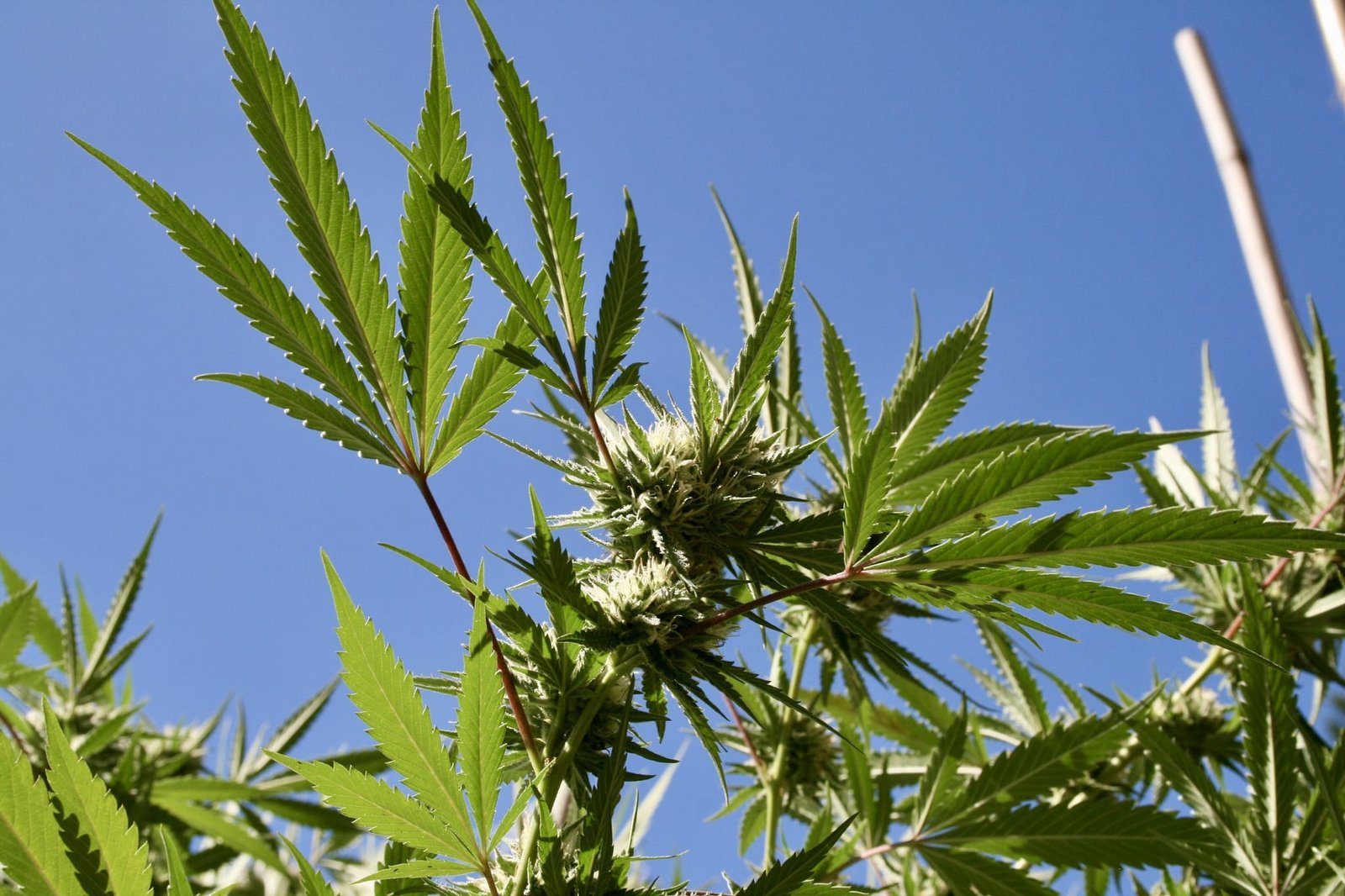A recent analysis indicates that Pennsylvania could generate up to $2.1 billion in tax revenue over five years if it legalizes adult-use cannabis. The report, produced by the Marijuana Policy Project (MPP), emphasizes that the state is currently forgoing substantial tax income by maintaining cannabis prohibition.
As state lawmakers work toward a cannabis reform bill, a previous House-passed proposal for state-run cannabis stores was rejected by a Senate committee. The MPP’s analysis utilized tax revenue data from Arizona, Maryland, and Michigan, adjusting the figures to reflect Pennsylvania’s population. The report estimates that with a 16 percent tax rate, the state could see between $105 million and $197 million in tax revenue within the first year of legal cannabis sales alone.
Michigan, which has the most extensive data on cannabis tax revenue after five years of legalization, reported $1.6 billion in tax dollars. Based on this data, Pennsylvania’s larger population suggests it could achieve $2.1 billion in tax revenue over the same period.
Karen O’Keefe, MPP’s director of state policies, noted, “As Pennsylvania faces fiscal uncertainty, the Commonwealth is missing out on hundreds of millions in annual tax revenue while neighboring states benefit.” Currently, 54 percent of Americans reside in states where cannabis is legal for adults, including five of Pennsylvania’s six neighboring states.
In a separate report, MPP revealed that states with adult-use cannabis markets have amassed nearly $25 billion in tax revenue since Colorado and Washington first initiated legal sales in 2014. The path forward for Pennsylvania’s cannabis legalization remains uncertain following the Senate committee’s rejection of the House bill. However, Democratic lawmakers Sen. Sharif Street and Rep. Rick Krajewski are determined to find a compromise and advance reform legislation before the budget deadline in July.
Sen. Marty Flynn has announced plans to introduce a new bill for cannabis legalization, urging collaboration among colleagues. Although the legislation sponsored by Krajewski and Rep. Dan Frankel was turned down in committee, Street expressed cautious optimism about amending and reviving the bill to present it to the governor for approval and revenue generation.
Sen. Dan Laughlin, a Republican who co-sponsored legalization legislation with Street, suggested taking a more measured approach, proposing the establishment of a regulatory body to oversee medical cannabis and hemp while preparing for adult-use legalization.
Governor Josh Shapiro criticized the GOP-controlled Senate for disregarding voter sentiment after the House bill’s defeat. He pointed out that the rejection contradicts the bipartisan majority of Pennsylvanians who support legalization and deprives the state of potential tax revenue.
Recent polls indicate that voters favor a model where cannabis is sold by licensed private businesses rather than through state-run stores. While Democrats currently hold power in the House and the governor’s office, they still require bipartisan support to enact any changes in the cannabis law.
Senate Majority Leader Joe Pittman acknowledged a potential path for regulatory reform related to gaming but noted a lack of consensus on cannabis legalization among legislative factions. Despite the challenges, a significant majority of Pennsylvania adults support cannabis legalization, with opposition to the policy dropping nearly 50 percent in the past decade.
Krajewski believes that legalizing cannabis can help mitigate public health issues linked to the illegal market, particularly concerning the safety of unregulated products. Meanwhile, Laughlin proposed a state fund utilizing cannabis tax revenue for long-term investments in Pennsylvania’s economy.
Senator Gene Yaw, also a Republican, has joined the push for legalization, highlighting the historical failures of prohibition and advocating for a regulated sales model similar to alcohol and tobacco. Although Democrats are prepared to advance a legalization bill, achieving this goal will require cooperation with Republican legislators. A recent survey indicated that some Republican members believe they should take the initiative on cannabis reform to shift the narrative from Democrats.
In an effort to improve the state’s medical marijuana program, the Pennsylvania House recently approved a bill aimed at strengthening safety standards and oversight. Additionally, Democratic lawmakers have introduced a proposal allowing small agricultural operators to sell cannabis to existing growers if adult-use legalization occurs.
Pennsylvania’s officials are conducting a survey to gather information from legal cannabis businesses nationwide to better understand the industry as they consider legalization. Governor Shapiro reiterated the importance of legalization, stating that the state is losing out while residents travel to neighboring states to purchase legal cannabis. He emphasized the need for a safe, legal avenue for those who wish to partake in cannabis use.



